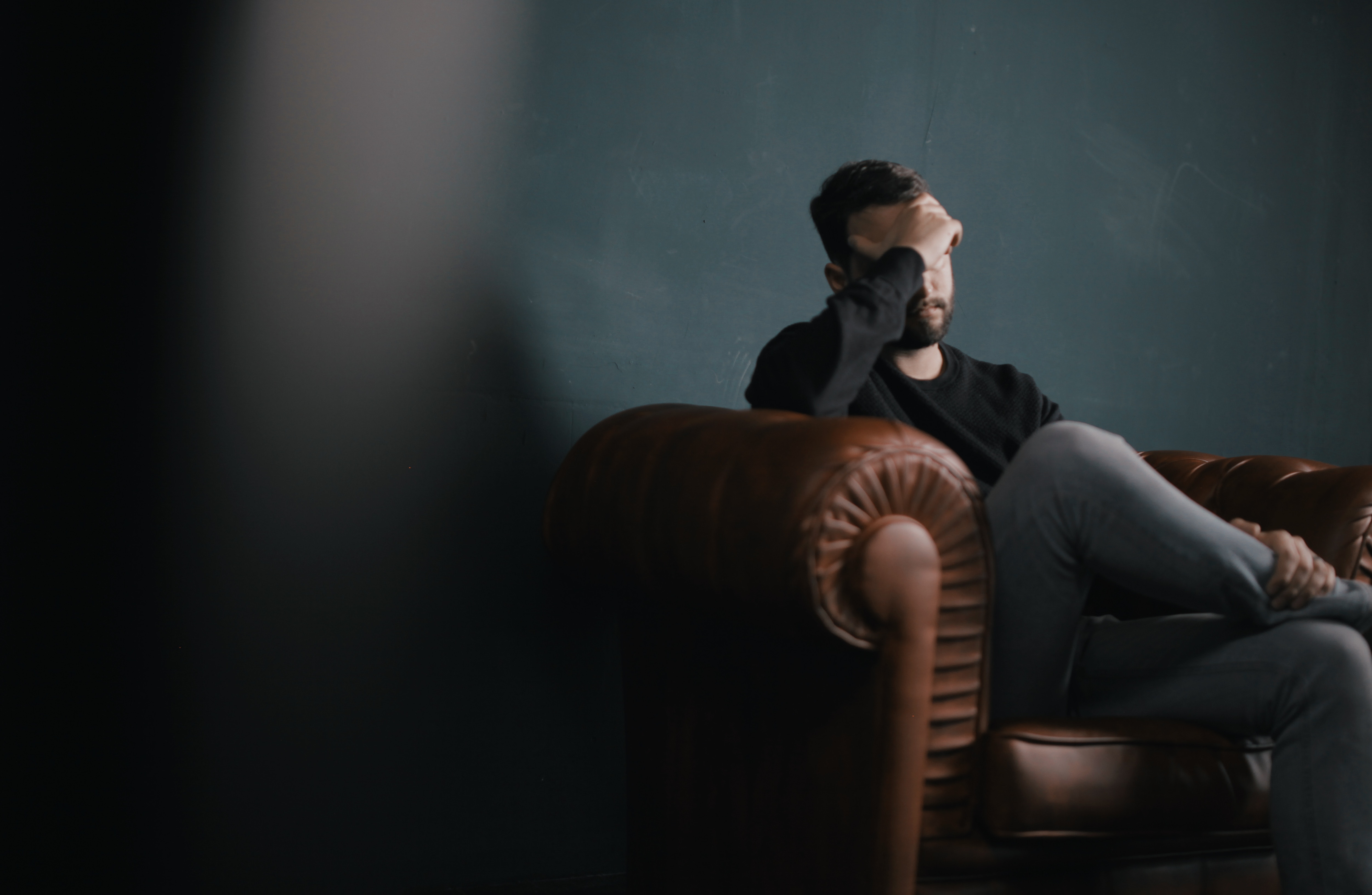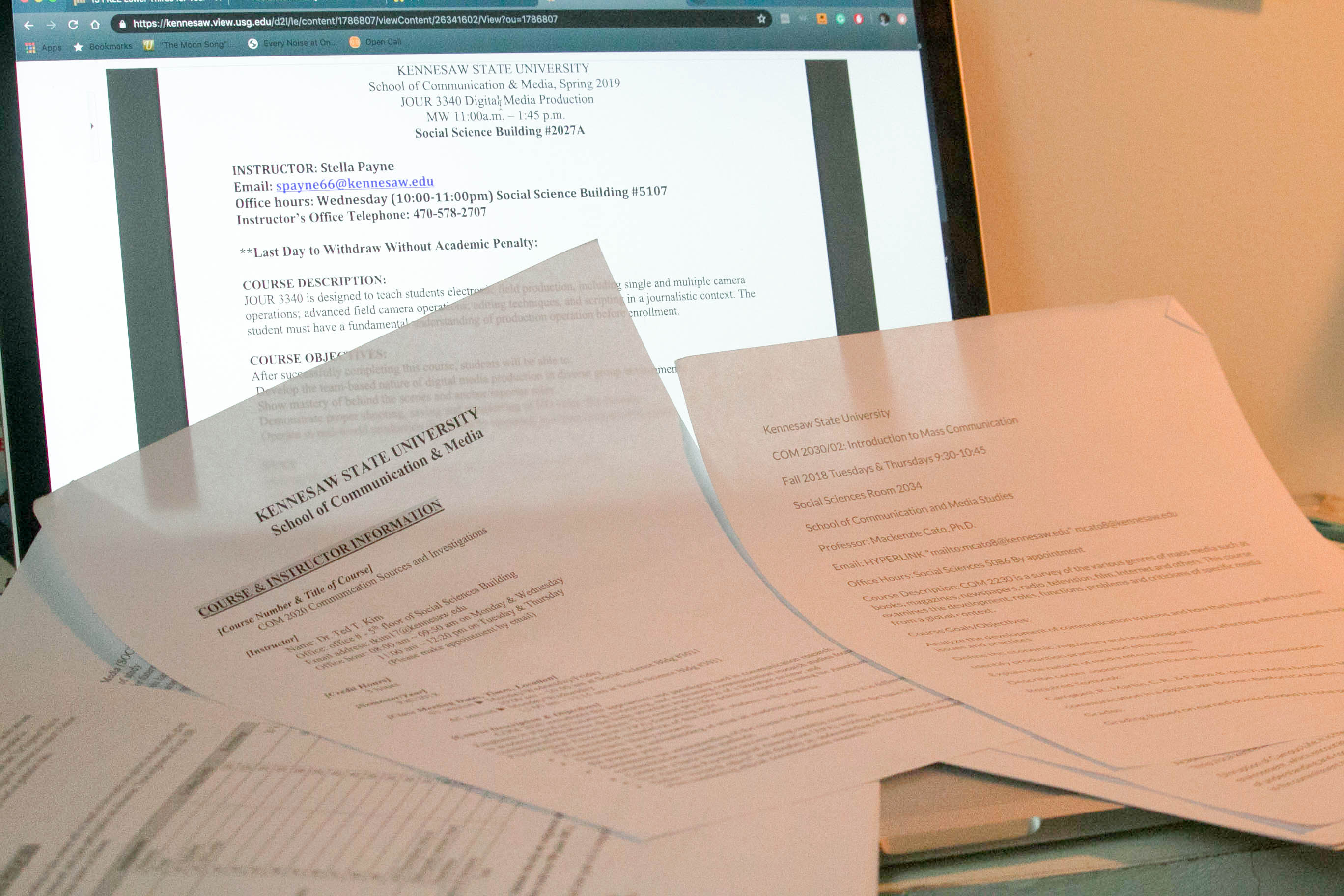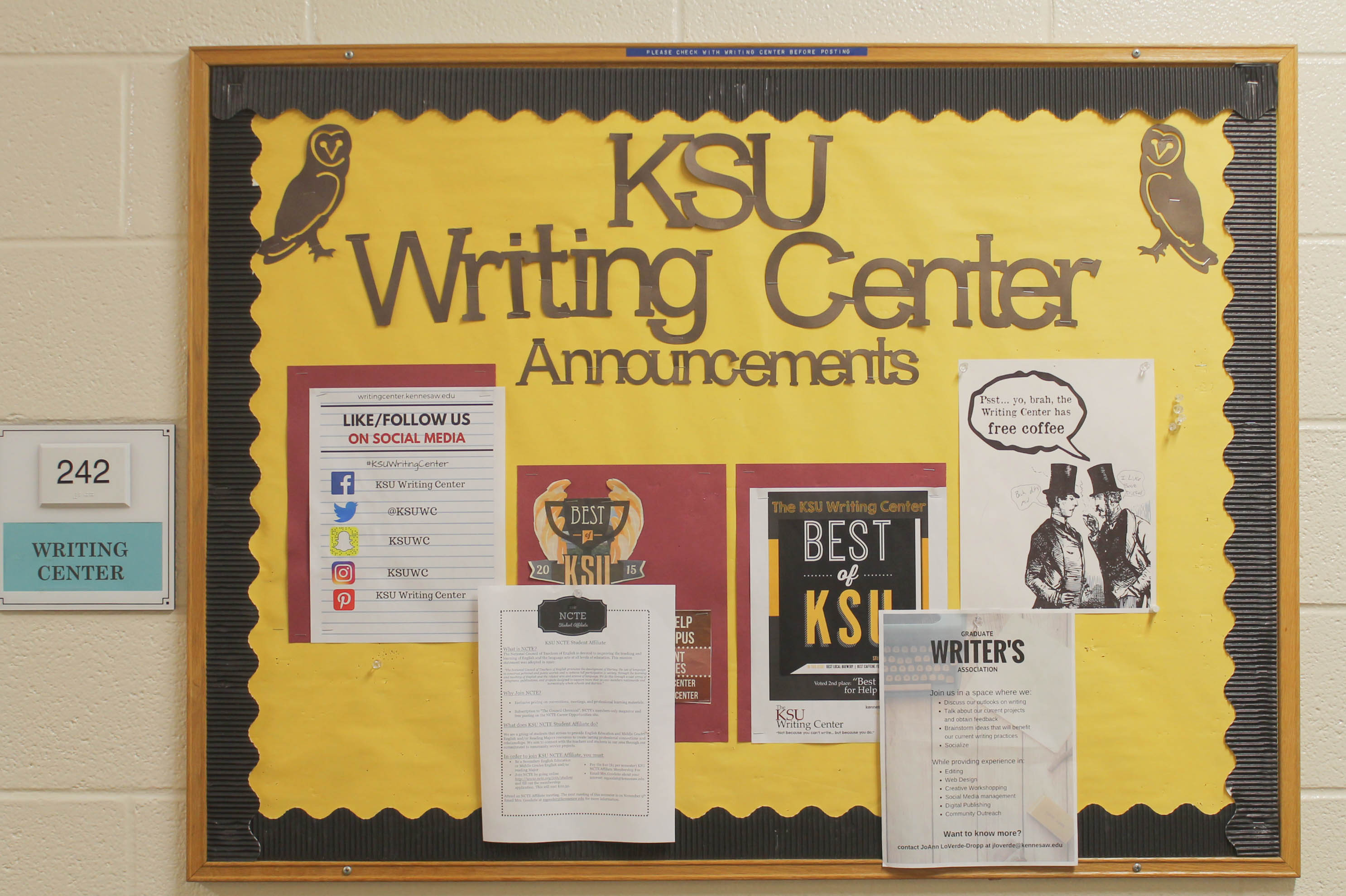Reading nonfiction books can teach students how to gain perspective from different viewpoints and learn critical thinking skills.
Though some students may see nonfiction as unappealing due to its educational nature, the genre has a lot to offer to students. These works of literature are not inherently boring.
Any skilled author can make the blandest piece of reality into a vision that borders fantasy. Whole worlds of new knowledge can be discovered when a topic of interest is sought out.
A brilliant example of a nonfiction book that has gripped all types of readers is “The Glass Castle” by Jeannette Walls. A telling of the struggles and triumphs of her unorthodox upbringing, Walls opens a new perspective on poverty, addiction and storytelling in a way that stands out in the genre.
Additionally, nonfiction writing provides students with perspectives not previously considered. This not only educates students on parts of history that may be overlooked but helps create empathy as well.
Books that generate this include the renowned book “The Immortal Life of Henrietta Lacks” by Rebecca Skloot. In this work of nonfiction, Skloot brings to light the unethical choices in medicine that impacted Lacks and her family, as well as educating readers on the ever-present biases on race and class in the medical field.
Simply extending views to nonfiction can make someone a better critical thinker and overall smarter individual, according to The Benefits of Reading Literacy for College Students Conference. Author Fauzaldi Dasman stated that reading is one of the most important activities college students should be doing while seeking higher education.
“Those who are called ‘college students’ need a lot of capital and thorough preparation to become highly credible people,” Dasman wrote in his conference paper. “This can be achieved by cultivating literacy in every breath of his life.”
The future shapers of college studied fields and the nation, college students have the responsibility to ensure they are well-read on all subjects.
This does not imply that one should be reading published, peer-reviewed research articles on the human genome in their free time. However, it does mean that seeking alternative forms of education such as nonfiction narratives and essays is a great way to gain an understanding beyond a college campus; a world that will soon find itself in the hands of soon-to-be graduates.
For students looking to begin the adventure of embracing nonfiction literature, Kennesaw State’s library is a great start. The library database also offers an easy-to-use search for specific books or topics of interest.
Additionally, social sites like GoodReads are a great tool for looping friends into the journey of reading as well as finding personalized book suggestions to add to bookshelves.



